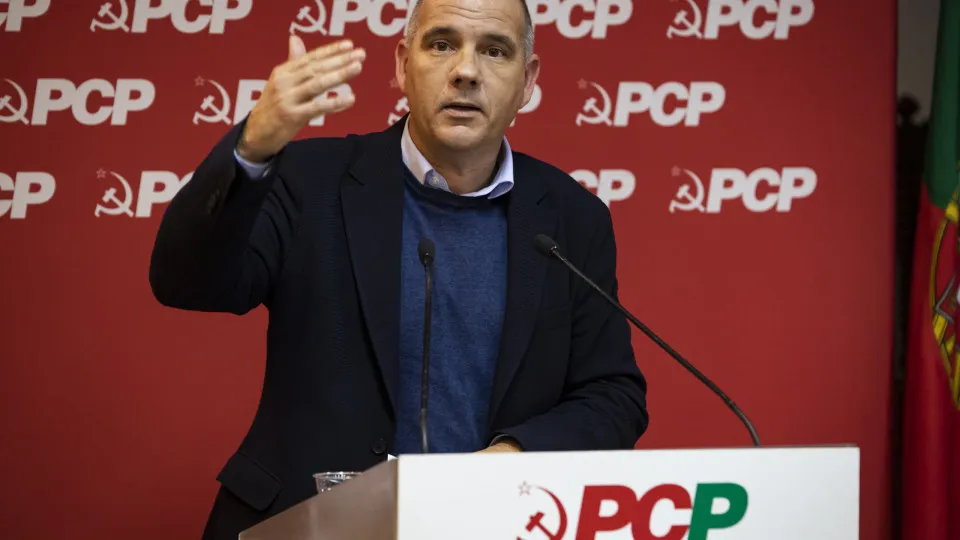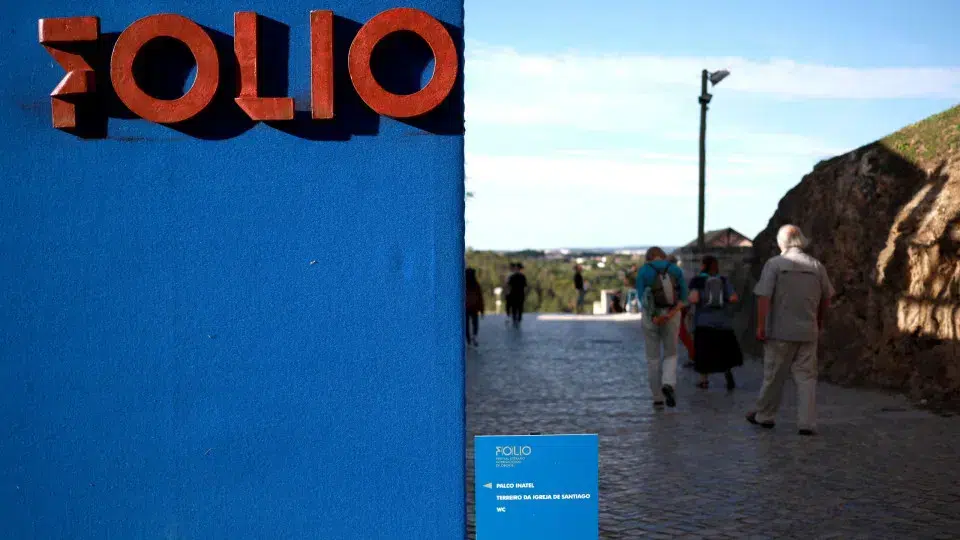
“It’s an expression of the authoritarianism of the current regime. Therefore, it is no surprise,” as “Guinean journalists were already being tortured, disappearing, and there is strong control of information,” stated Sílvia Roque in remarks to the Lusa news agency.
This lecturer in International Relations at UÉ and researcher at the Center for Political Science Research spoke in Évora, on the sidelines of the conference “From the Anti-Colonial Struggles to the Struggles of Everyday Life: Women’s Places in the 50 Years of Independence”.
On August 15, the Guinean government announced that delegations from the Lusa agency, RTP, and RDP had been expelled from the country and that broadcasts were suspended starting that day, without providing reasons for the decision.
In her statements to Lusa, Sílvia Roque argued that this expulsion shows that the “authoritarian regime” of Guinean President Umaro Sissoco Embaló “is also seeking other types of allies that are not Portugal”.
“He is not necessarily concerned with maintaining a certain relationship [with Portugal] or does not care, because he potentially has other more advantageous alliances,” she noted, suggesting ties with Russia and Arab and Muslim countries.
Asked about the appointment of Braima Camará as prime minister, who until recently opposed Umaro Sissoco Embaló’s regime, the African Studies expert pointed to the “permanent reconfiguration of alliances” in the country.
“The political history of Guinea-Bissau is one of constant divisions, reconfiguration of alliances. In other words, someone who is a political enemy today can be an ally tomorrow, and it is a way to control dissent,” she argued.
For this university professor, appointing a regime-critical politician to an important government position “is a classic maneuver of appropriating opponents to eliminate them and, in some way, to eliminate difference”.
Regarding the general, presidential, and legislative elections in the country, scheduled for November 23, Sílvia Roque noted that “many activists and people fear that they won’t even take place, precisely due to this authoritarian regime”.
“Although there is a lot of contestation, especially from young people in cities like Bissau, it also seems to me that Sissoco has managed to build a strong support network, even through ethnic and religious affinities,” she emphasized.
Therefore, in the event that the elections take place, the expert admitted that Umaro Sissoco Embaló “could indeed constitute a majority through these alliances”.




